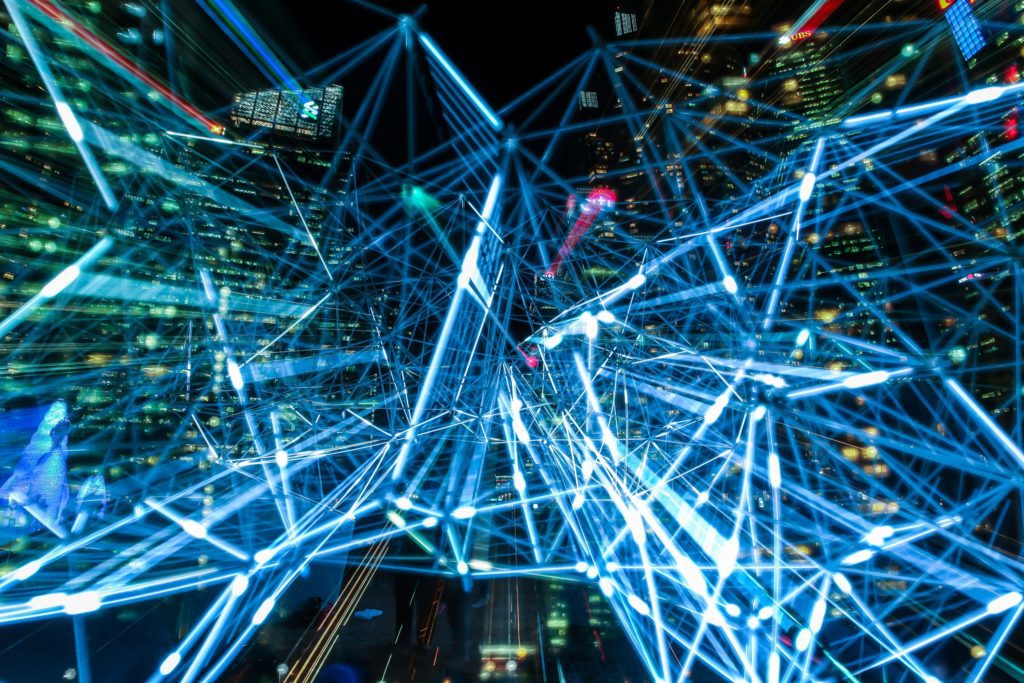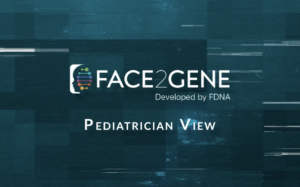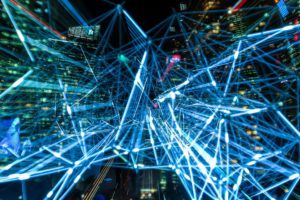The world is bearing witness to a technological revolution that fundamentally changes how we do everything from creating music, to driving a car, and even online shopping. Opinions of AI vary as to whether the technology is an actual benefit to the world as a whole or a potential threat to personal and national security.
But what many may not realize is that AI is also helping to solve some of the world’s biggest problems in healthcare. Facebook is now using a mental health tracker that utilizes an algorithm that detects users who may be at risk of committing suicide. The tool analyzes user posts and comments that may indicate that a person is in crisis. Chatbots are being used in another AI-based technology to alert those who may have symptoms that resemble the Zika virus.
Solving Medical Mysteries via Facial Analysis
AI-based technology is currently making its mark on the healthcare industry through the identification of rare genetic syndromes. People born with these syndromes often have specific facial features that serve as indicators of the existence of a potential problem. However, the work involved in properly identifying the syndrome through a physician and a team of lab assistants alone can take several years. The challenge facing clinical healthcare staff and their patients is that there are thousands of possible syndromes, making it nearly impossible to make a positive diagnosis in a shorter amount of time. This is where AI-based technology comes in—to support clinicians in reaching a proper diagnosis by paring down the number of potential syndromes to only a handful of possibilities.
Currently, there is one AI-based method that uses facial analysis to identify rare genetic syndromes based on the physical manifestation of these syndromes. This process is called next-generation phenotyping (NGP).
While advancements in technology are constantly being made, it’s crucial to remember that AI isn’t perfect. Rather, the technology is used to support clinicians in making a diagnosis and not remove them completely from the process.
The Hype vs. Hope
Different from facial analysis, but often mistaken, facial recognition has received mixed reviews, but more often than not people are supportive of the innovation and advancements it affords. It can be used in a number of settings including banks to validate identity, tracking retail customers for marketing purposes, and tracking drivers for alertness while on the road. The loudest voices who are against the use of AI in facial recognition are those who say the technology invades personal privacy and increases the possibility of misuse of information.
At the present moment, there are little to no rules governing the use of AI, but we’re seeing a steady increase in the level of legislation coming out to protect both the consumer and developer. As this continues, the hope is that these laws won’t cripple the use of AI, but rather benefit those who desire to use it for good.
Final Thoughts
As an advocate for tech innovation and the responsible use of AI, I think it’s important to drive home the point that AI is only as good as the data it’s trained on. AI companies in healthcare are committed to protecting privacy by omitting any personal identifiers to the data used to train the neural networks, and rely solely on a trained healthcare provider to use and interpret the information. While the task at hand is gargantuan, I believe that this is an exciting time for tech-driven change for better healthcare.



